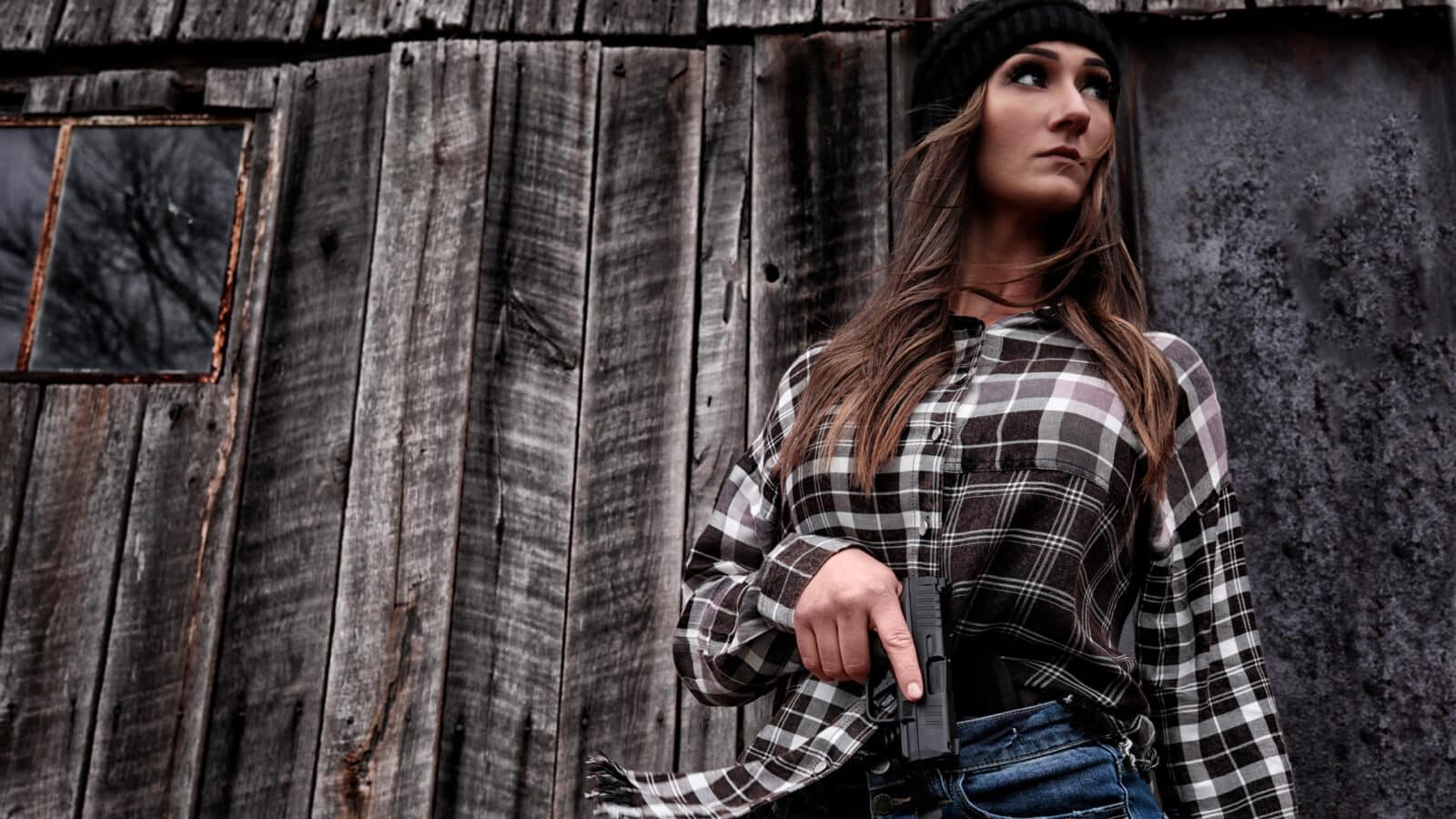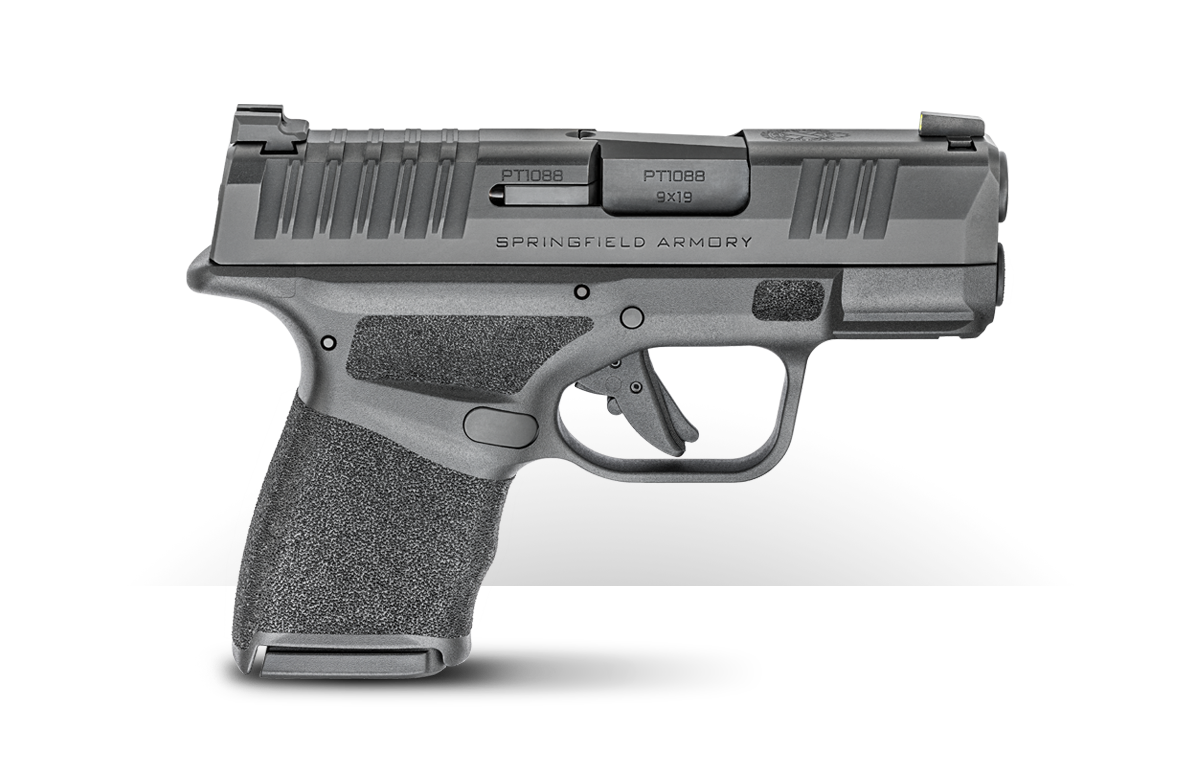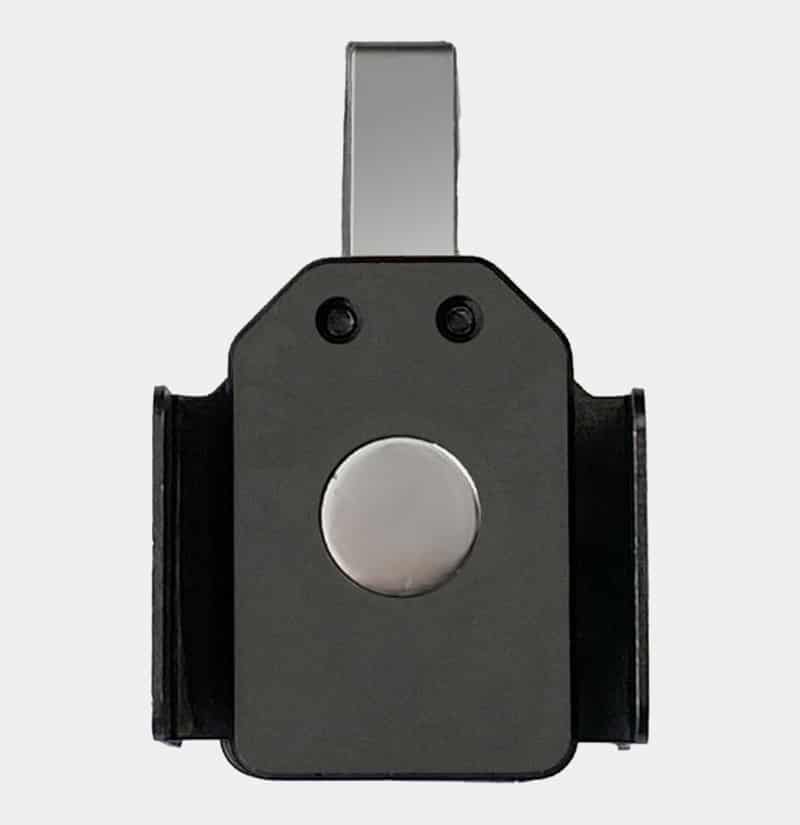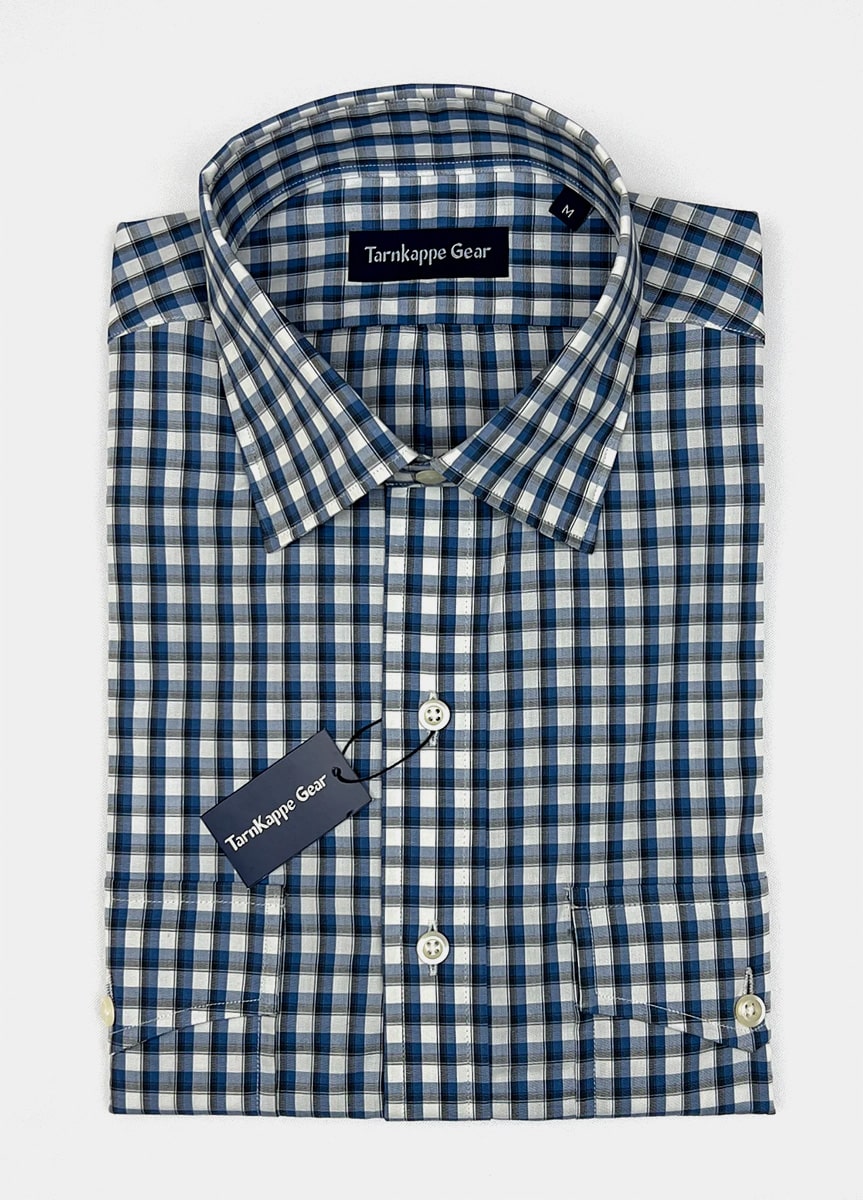Editor’s note: The author does not advocate carrying a gun in any place it is prohibited by statutory law. As a fully sworn law enforcement officer, the author may legally carry a firearm in places that might otherwise be prohibited. Some of the products from Federal Ammunition, Tarnkappe Gear, Gun Butter and NeoMag were provided to the author for review. Products from Muddy River and Aholster were purchased by the author at a discount. All other products were purchased by the author.
Once a citizen decides to carry a self-defense firearm, I believe he or she should carry that gun at all times it is legally permissible. If you could predict exactly when, where and how a criminal attack would occur, it probably would be smart to stay home that day.
Police officers carry a gun as part of their sworn duties to “protect and serve”. To enforce the law, it is completely reasonable to assume that someone with whom an officer has had “professional contact” may wish to harm them. While never really “off duty”; police officers do have time off when they are not working, not wearing a ballistic vest, not carrying a radio and probably without the ability to quickly summon back-up. I think an off-duty pistol should always be carried.
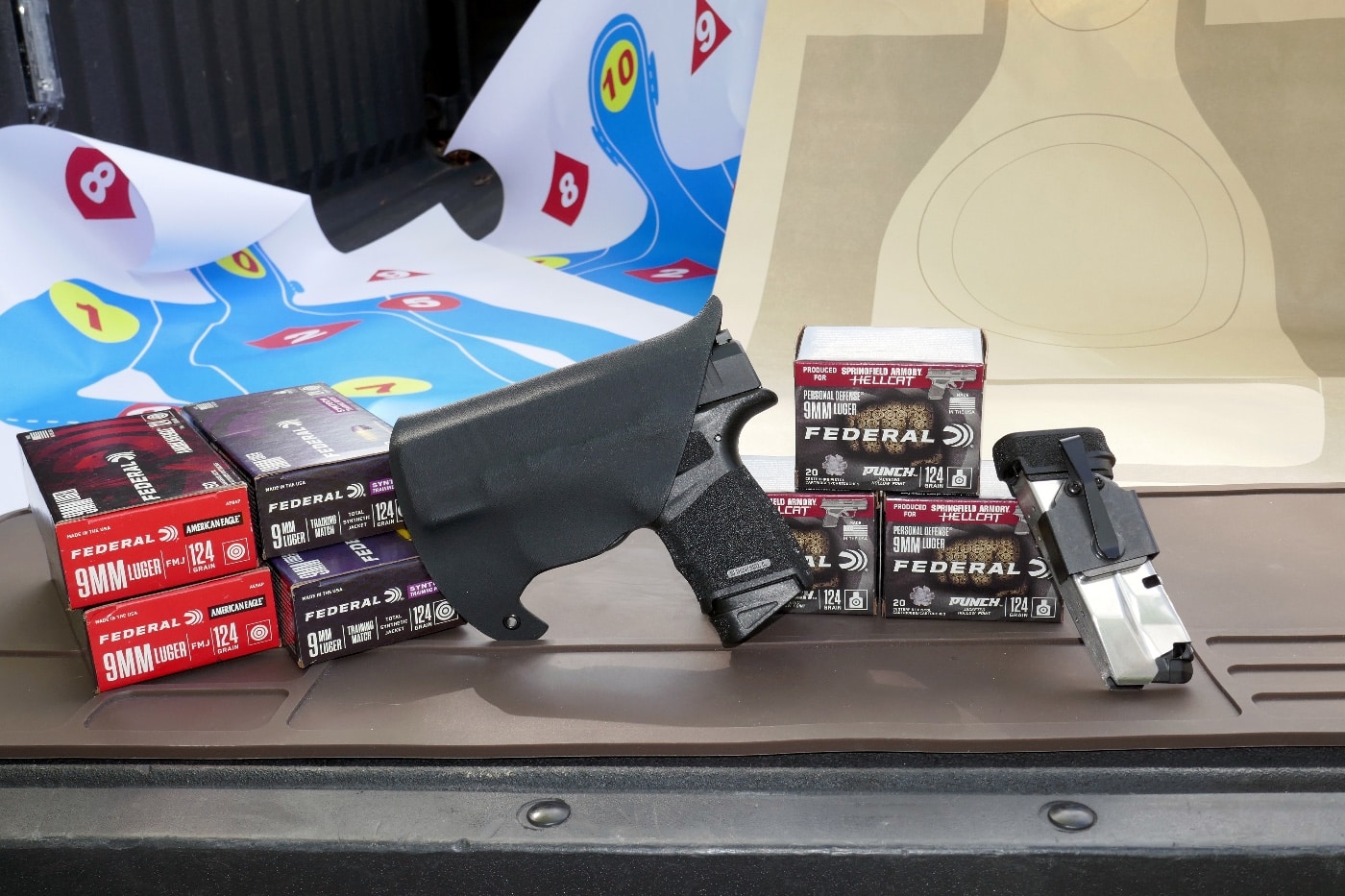
If I’m wearing clothing, I’m carrying a gun. Sometimes that means a lesser caliber and a small pistol, but I’m never unarmed.
The reality is that both armed citizens and police sometimes leave their self-defense gun at home when wearing certain types of clothing.
Sizing It Up
Police duty pistols are large, full-size guns that can be hard to conceal. Many folks believe that they should have one gun and learn how to use it well. That sounds great in theory — but as people go about their daily lives it just doesn’t make sense. If a person remains committed to a single gun, such as a full-size duty gun, there will be times when the gun is left at home — or almost as bad, is left in a car rather than carried in a holster.
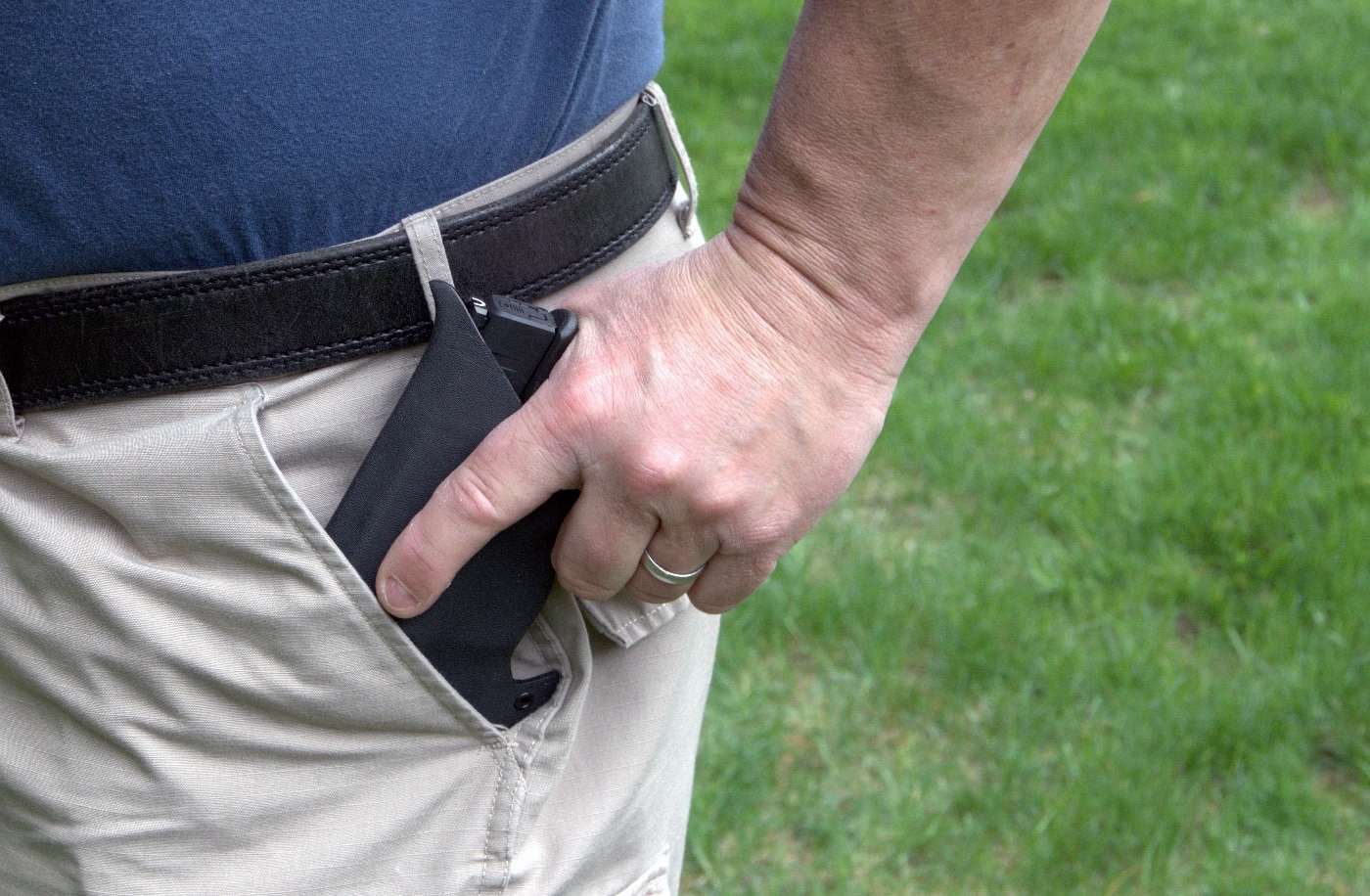
Some take a different approach and opt for a small, subcompact or a micro-compact defensive pistol for daily carry. It is important to understand that the smaller the gun, the harder it can be to shoot fast and accurately. I train people from beginners to experienced SWAT cops and have seen many people shoot a 1911 or an XD well (a recent student arrived with an Echelon and excelled in class). Many people struggle to learn defensive shooting skills with smaller guns. However, when those skills are mastered with a large and heavy gun, they can easily be transferred to a smaller gun.
Climate, clothing choice and location also all play a role in gun and holster selection.
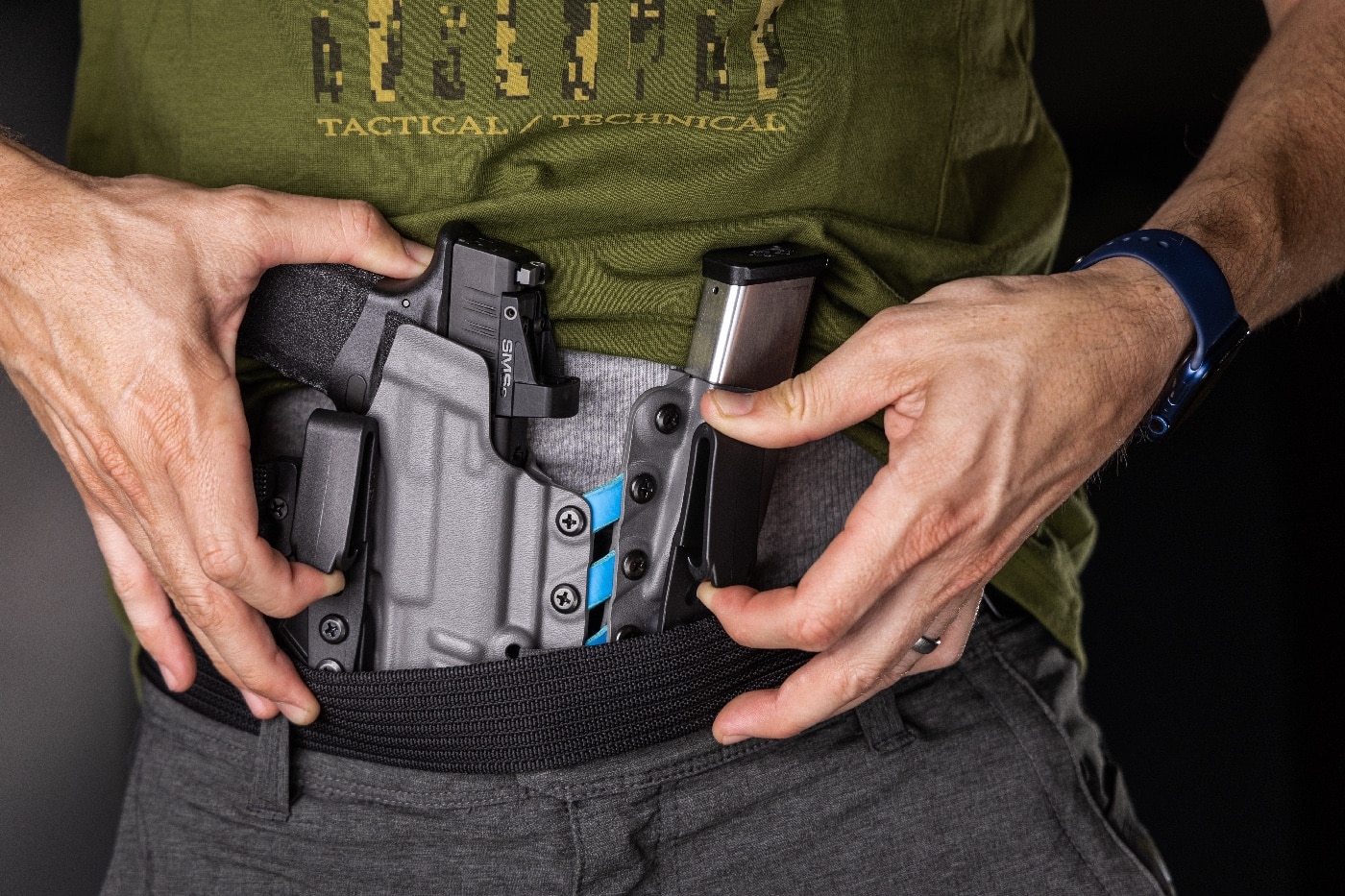
My preferred carry gun is a 1911. I trust the ballistic power of the .45 ACP cartridge loaded into a pistol of a time-proven design that has stopped fights for over a century. But a pistol that weighs over two pounds, even a thin single-stack pistol like a 1911, does not carry well in lightweight summer clothing.
A heavy gun is more likely to become exposed. When I’m home in New Hampshire, an exposed gun doesn’t matter (and our summer is very short anyway). However, when I visit places where an exposed gun is an issue, it can be a problem.
My Choice
The Hellcat is perfect for any situation where a gun must be 100 percent concealed, 100 percent of the time. The Hellcat is the gun I carry when “I’m not carrying a gun.” A Hellcat is the perfect warm-weather gun because it is small enough to be carried in a properly sized front pocket — and its weight is less than half of a TRP 1911.
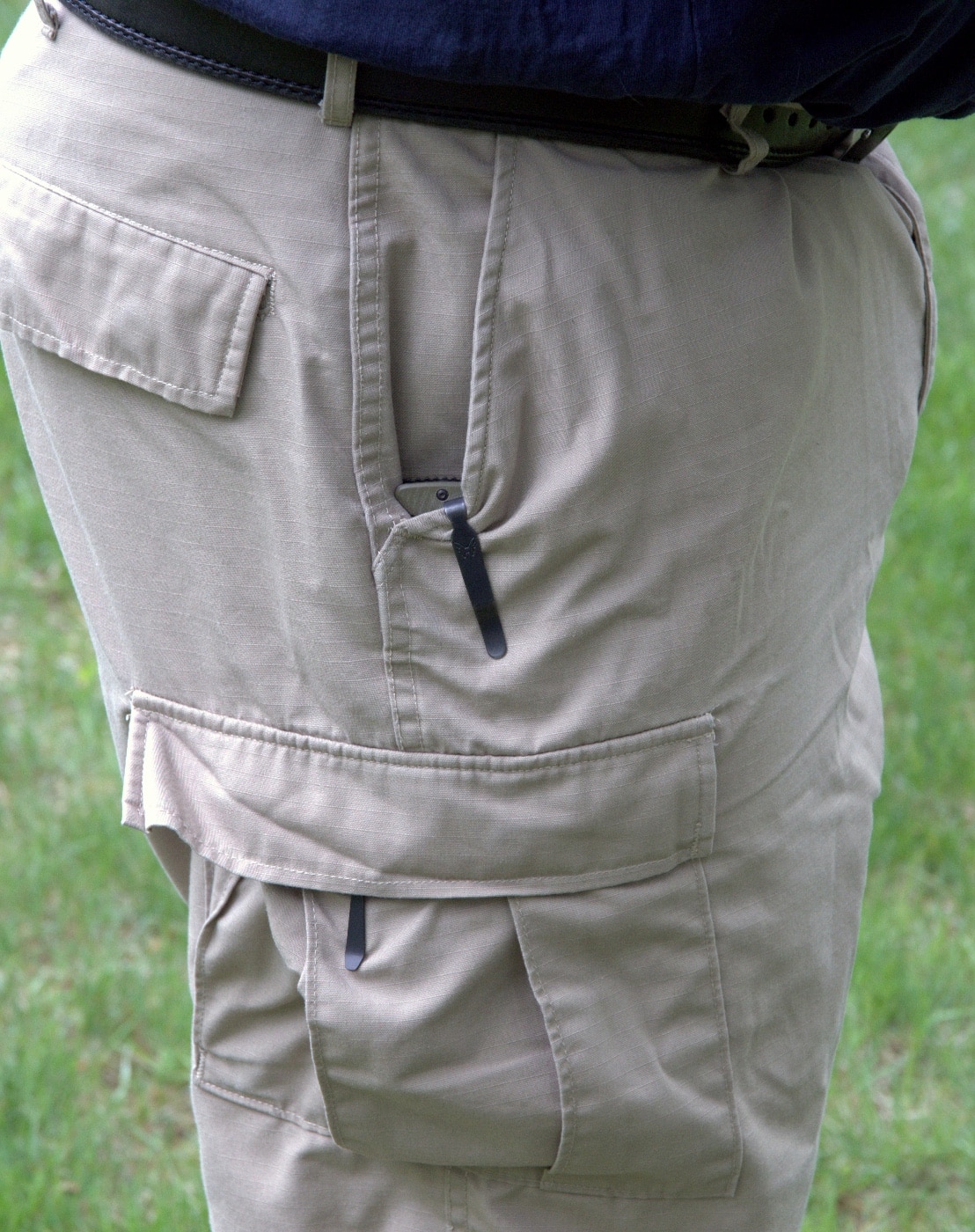
Pocket carry has advantages — such as deep concealment and quick access to the gun. If a defender places a hand on a pistol no one will know, but they can draw quickly without sweeping aside a coat or lifting a sweatshirt. For this article, I have extensively tested a Kydex pocket holster, specifically made for the Hellcat by Aholster. The Aholster properly fits the pistol and provides enough tension to prevent the gun from falling out during rigorous activities. However, it is loose enough so that the holster remains in the pocket when the gun is drawn. Aholsters are molded for left- or right-side carry to aid in comfort and concealment.
Pocket carry works best when wearing loose-fitting cargo shorts. Because a magazine is the “weak link” in any semi-automatic pistol, it is good practice to always carry a spare. My experience suggests that if a pistol is in one pocket, the best place for a spare magazine is in an opposite side pocket. I recently discovered a nifty device called a “NeoMag” which clips to the pocket similar to a folding knife and uses a magnet to hold a spare magazine in place. NeoMag was kind enough to send me a sample for use with this article, and it is available on the Springfield Armory Store here. Using a NeoMag is far better than just dropping a magazine into a pocket because it won’t fall out if running or climbing, and it is always in a place where it can be accessed quickly.
Packing It In
When I carry the Hellcat on my belt, I use an inside-the-waistband holster with an optional tuckable belt clip from Muddy River Tactical. This holster design allows a person to tuck a shirt into any type of pants with a belt — denim, tactical pants or even summer-weight shorts. The shirt covers the pistol, and all that is visible is the clip.
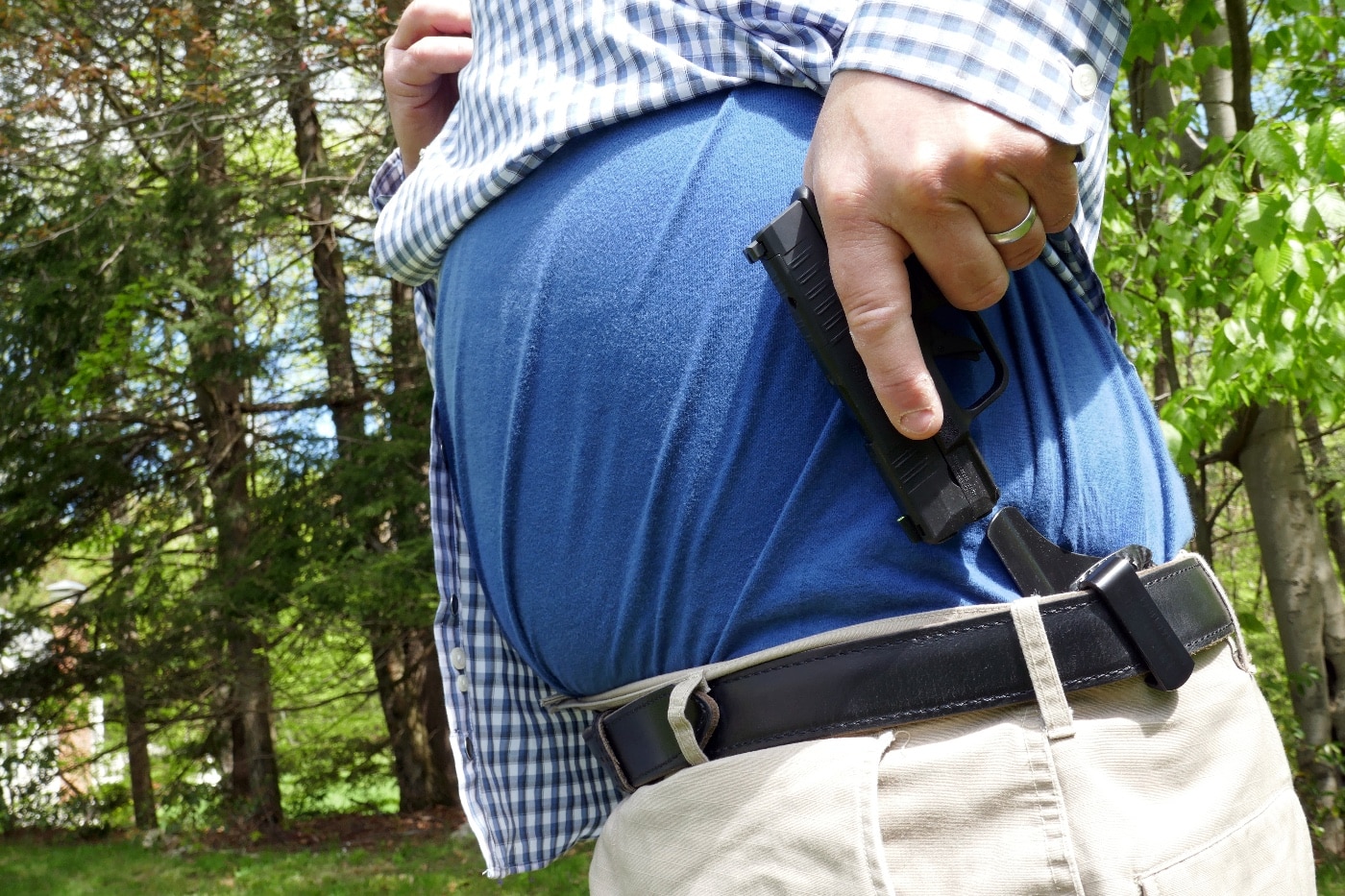
The drawstroke is different because the shirt must be pulled up first. With practice it becomes natural. It is important to practice with an unloaded gun before holstering a loaded gun, tucking in a shirt and going about one’s daily business. If I tuck a shirt in over a pistol, I use a NeoMag to carry a spare magazine.
Tarnkappe Gear sent me one of their excellent concealed carry shirts to evaluate. This shirt, when paired with the Muddy River Tactical holster, provides excellent concealment for the Hellcat. The bottom of the Tarnkappe shirt has snaps that, when the shirt is pulled up to access the pistol, easily separate. In addition, the shirt does not “look tactical” and the pattern does an excellent job of breaking up the outline of the pistol. I wear a size XXL shirt and, for me at least, the Tarnkappe Gear shirt fits better untucked. In this case of an untucked shirt, I use a belt-mounted Kydex magazine pouch from CYA Supply.
Fuel For It
A pistol intended for self-defense should be loaded with ammunition designed for self-defense. Federal Cartridge and Springfield Armory have collaborated to make a 9mm Punch load specifically developed for and tested in a Hellcat pistol. (Don’t miss our Federal Punch 9mm review.) Federal says that the 124-gr. load is engineered to provide balanced terminal performance through the most common barriers and has a muzzle velocity of 1,070 feet per second when fired from a Hellcat.
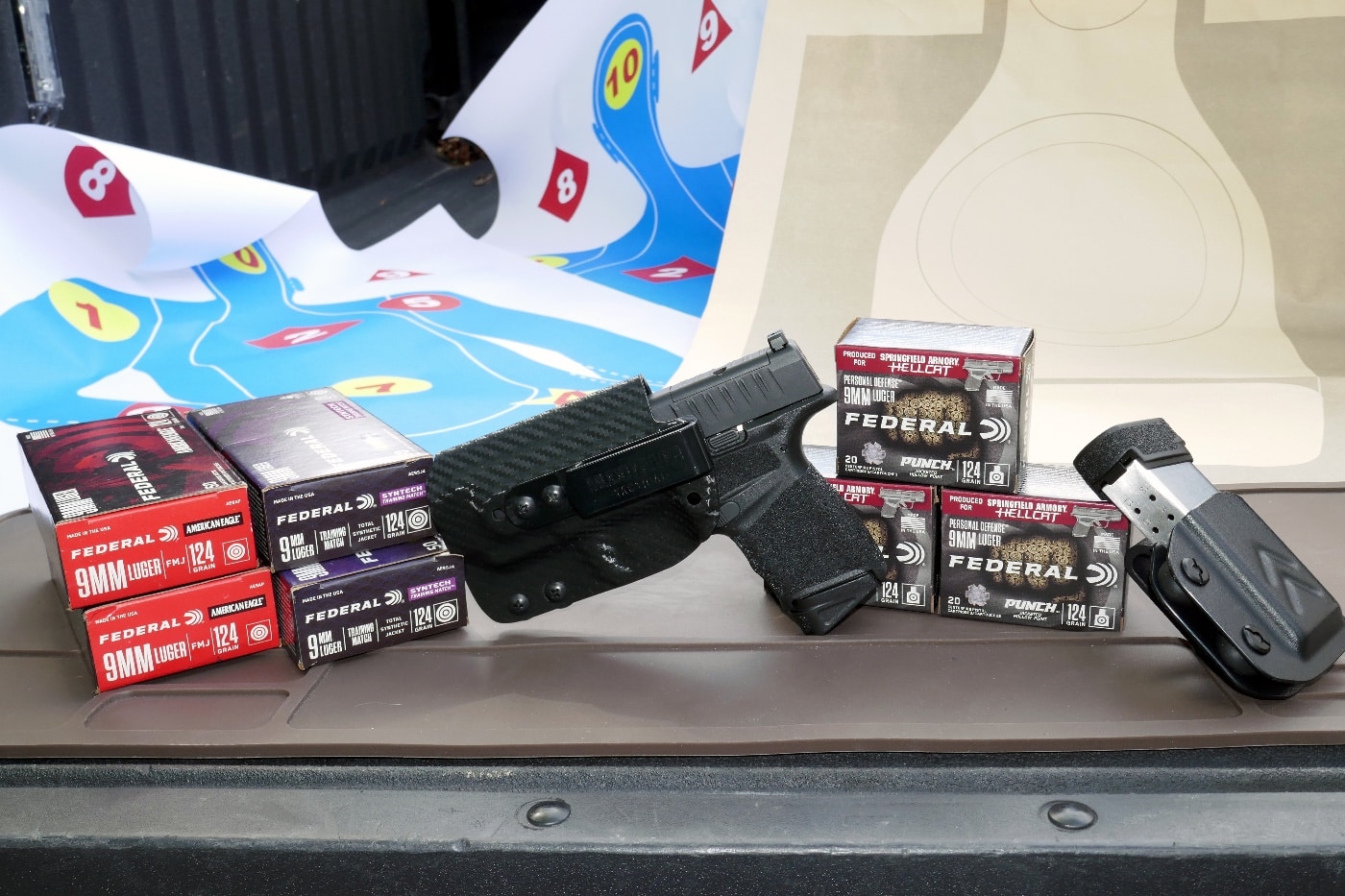
Federal Hellcat (or any other defensive ammunition) should be tested extensively in the specific pistol you plan to carry. This is necessary to confirm point of impact and to make absolutely certain that it feeds and functions reliably in the specific pistol that it will be loaded in. When a firearm and ammunition manufacturer collaborate on cartridge development it benefits gun owners. Springfield Armory and Federal Cartridge have created a winning combination.
As a firearms instructor, I recommend training with the same bullet weight as your defensive load. Ideally, your training and defensive ammunition should be made by the same manufacturer, e.g., 124-gr. Federal American Eagle and Federal Syntech. Are both affordable training options.
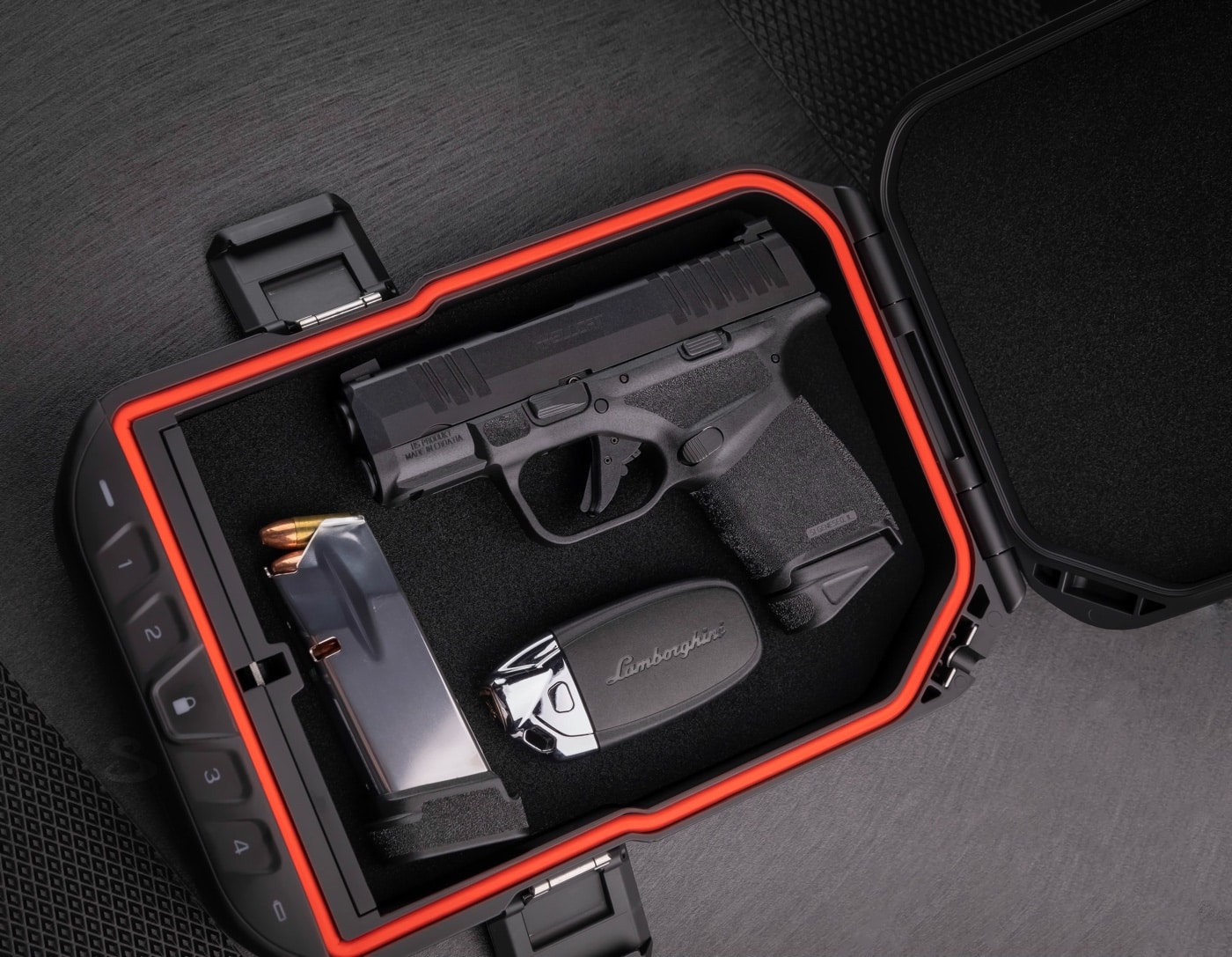
I lubed the Hellcat with some Gun Butter gun lube and headed to the range with the above-referenced loads and several handloads. The Hellcat is very controllable despite its diminutive size. I fired about 300 cartridges for this article with no malfunctions.
Conclusion
The Hellcat is an excellent choice for anyone whose first priority in a pistol is deep concealment. The larger-capacity 15- and 17-round Hellcat Pro extended magazines will fit and function properly in the smaller Hellcat and can be carried as a spare. Also, the Hellcat comes standard with one flush-fit 11-rounder mag and one extended 13-round mag. In addition, an extended Hellcat 15 round magazine that extends the pistol’s grip shape and texture to a “full-size” grip is also available.
Because of this feature, some may just decide to make the Hellcat their “do all” self-defense pistol. If you choose to do this, be sure to devote the practice time needed to master the compact 9mm. The life you save may be your own!
Editor’s Note: Please be sure to check out The Armory Life Forum, where you can comment about our daily articles, as well as just talk guns and gear. Click the “Go To Forum Thread” link below to jump in and discuss this article and much more!
Join the Discussion
Featured in this article
Read the full article here

